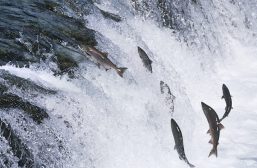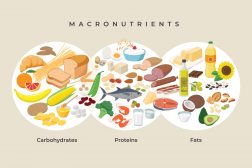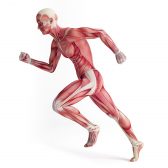Definition
noun, plural: plastids
A double membrane bound organelle involved in the synthesis and storage of food, and is commonly found within the cells of photosynthetic organisms, like plants
Supplement
One of the distinctive features of a plant cell is the presence of plastids. A plastid is a cytoplasmic organelle involved in the synthesis and storage of food. Its function largely depends on the presence of pigments. A plastid involved in food synthesis typically contains pigments, which are also the ones responsible for the color of a plant structure (e.g. green leaf, red flower, yellow fruit, etc.).
A plastid containing green pigment (chlorophyll) is called chloroplast whereas a plastid containing pigments apart from green is called a chromoplast. A plastid that lacks pigments is called a leucoplast, and is involved mainly in food storage. A leucoplast may be an amyloplast that stores starch, an elaioplast that stores fat, or a proteinoplast that stores proteins. An undifferentiated plastid is called a proplastid. It may develop later into any of the above-mentioned plastids.
Like mitochondria, plastids have their own DNA and ribosomes. Hence, they may be used in phylogenetic studies.
Word origin: Greek plastide, from plástis, plástés (“modeler, creator”), from plássein (“to form”)
See also:
- proplastid
- chloroplast
- chromoplast
- leucoplast
- amyloplast
- elaioplast
- proteinoplast







